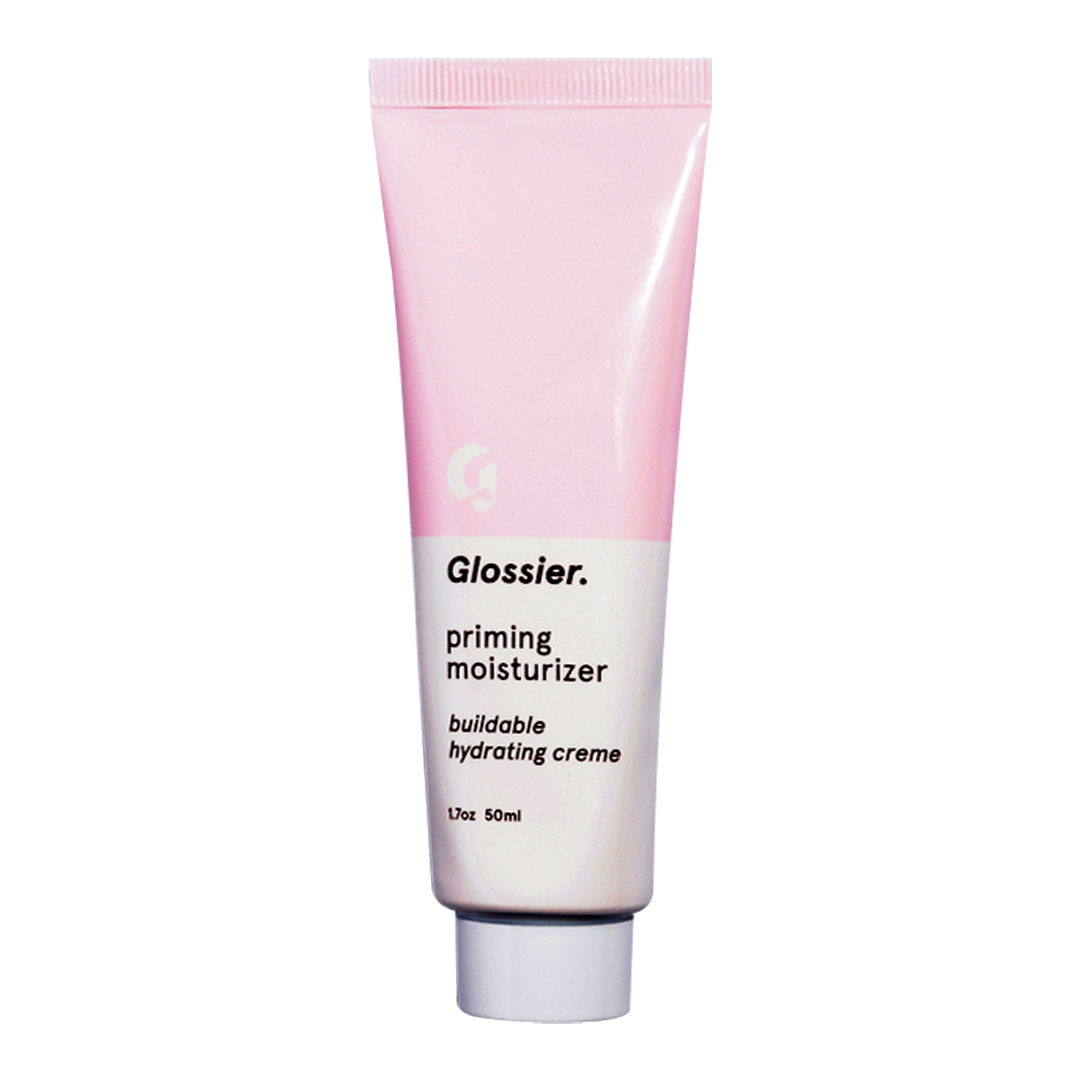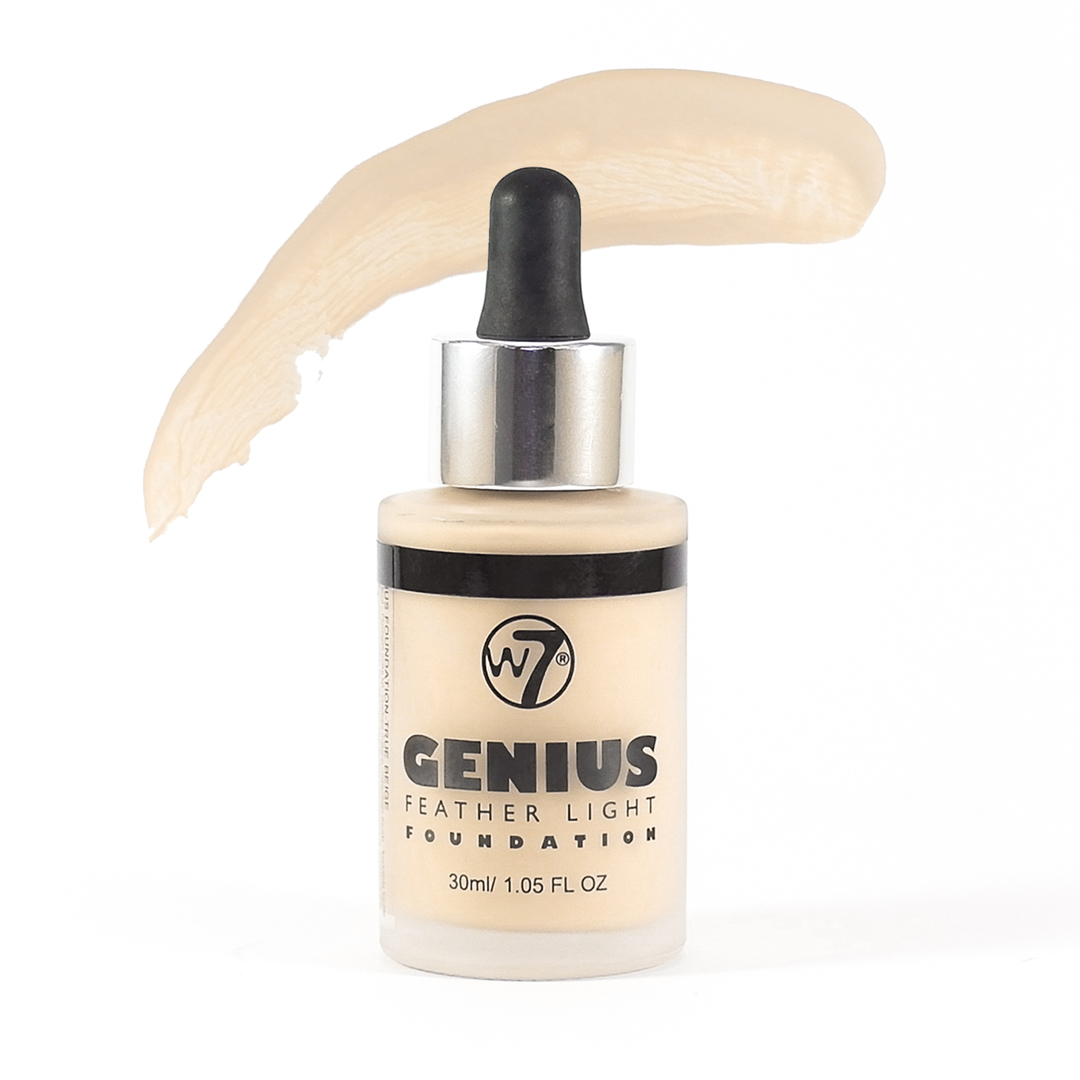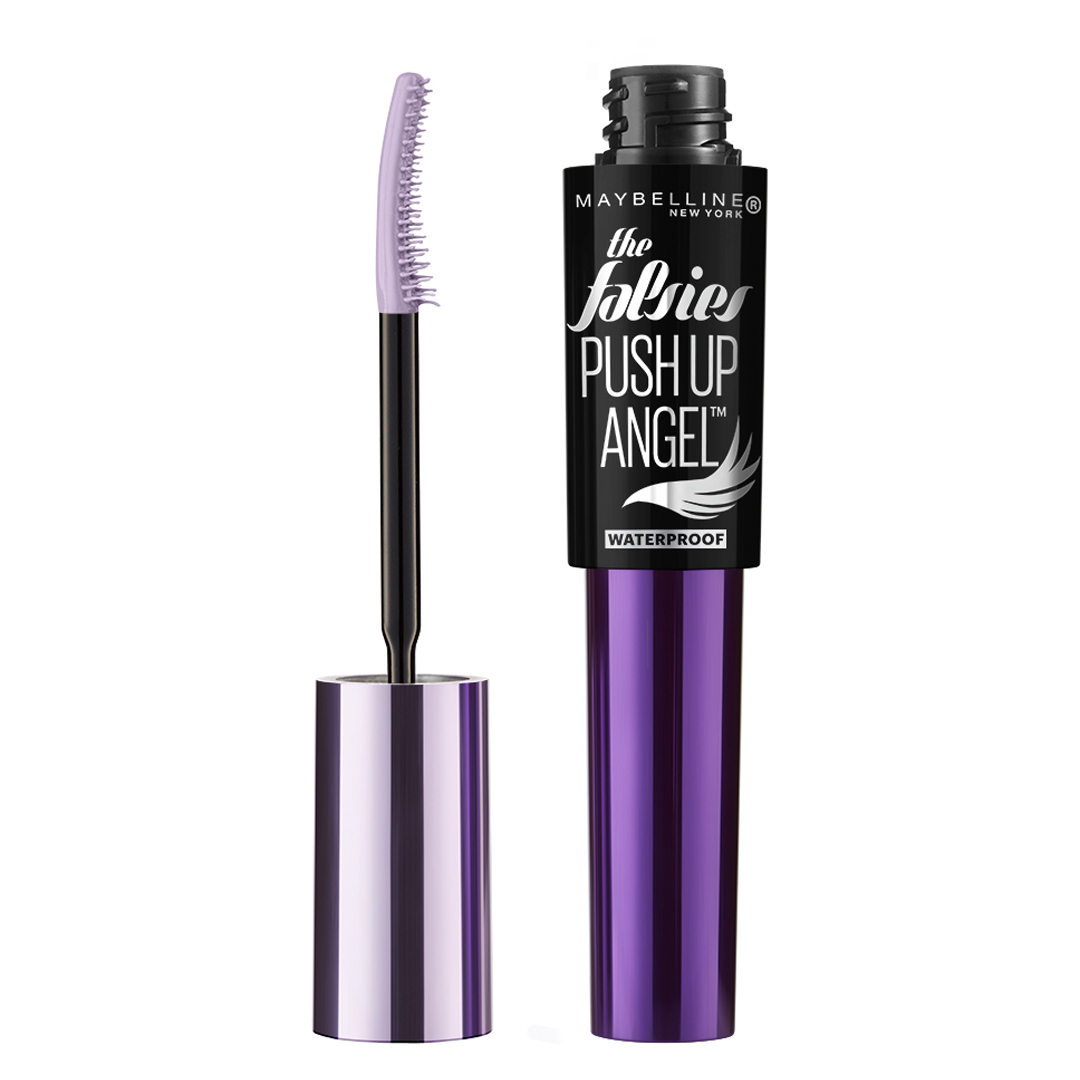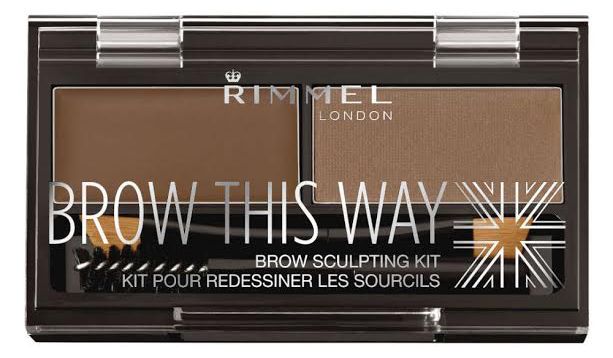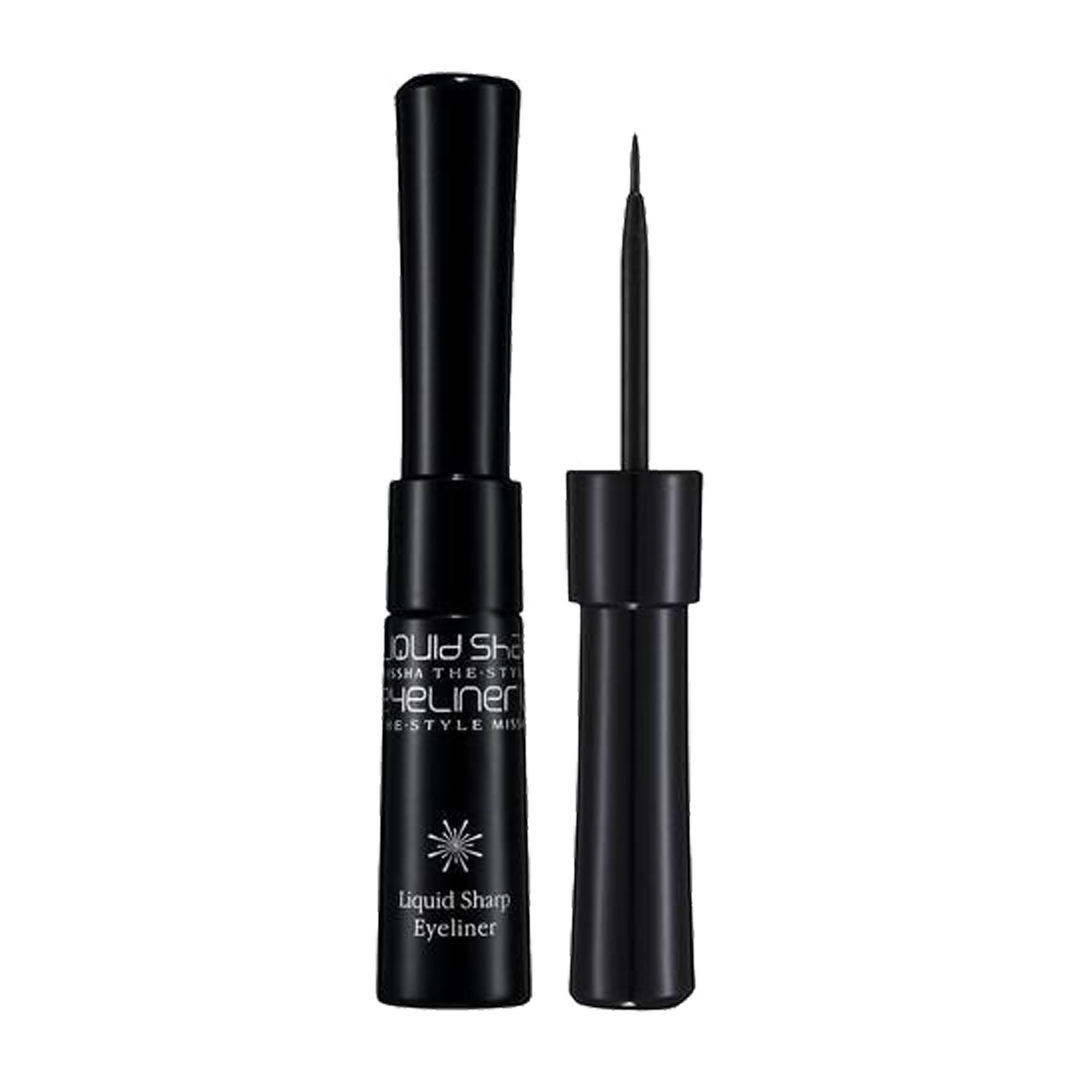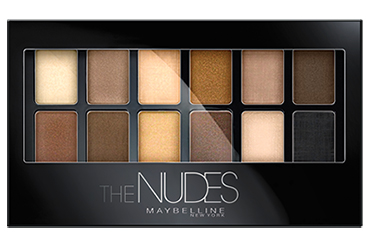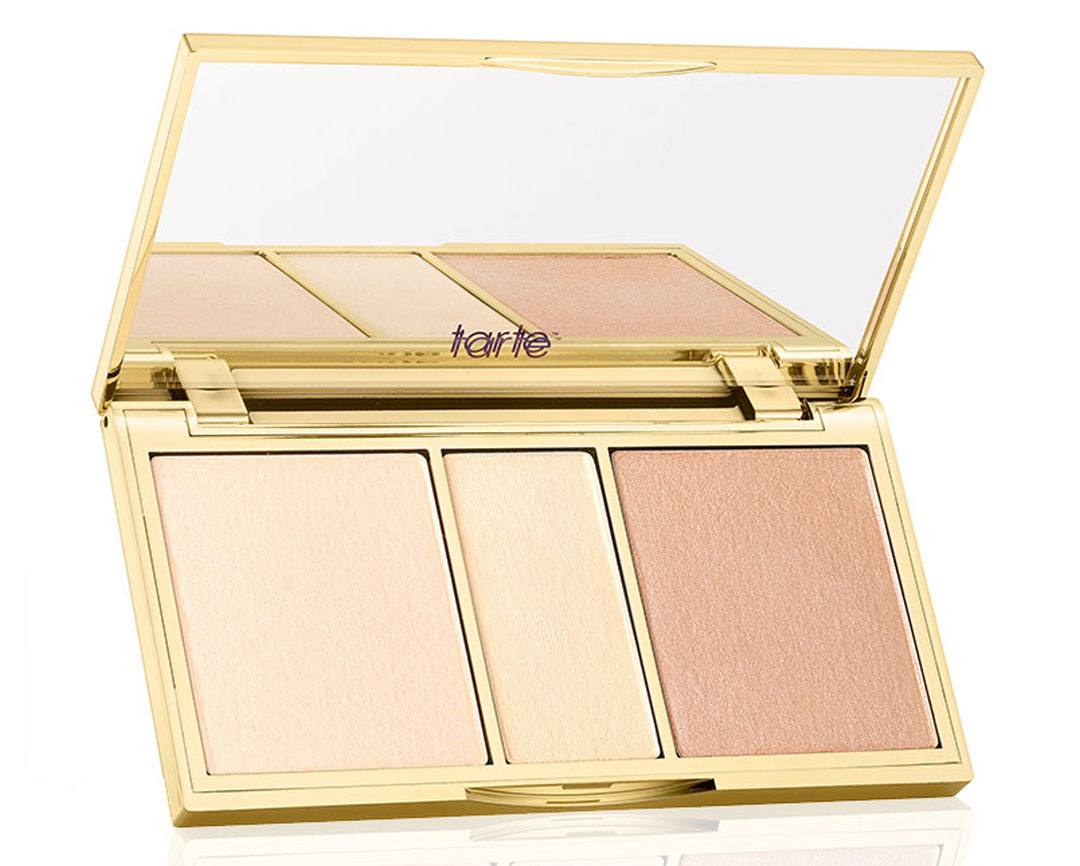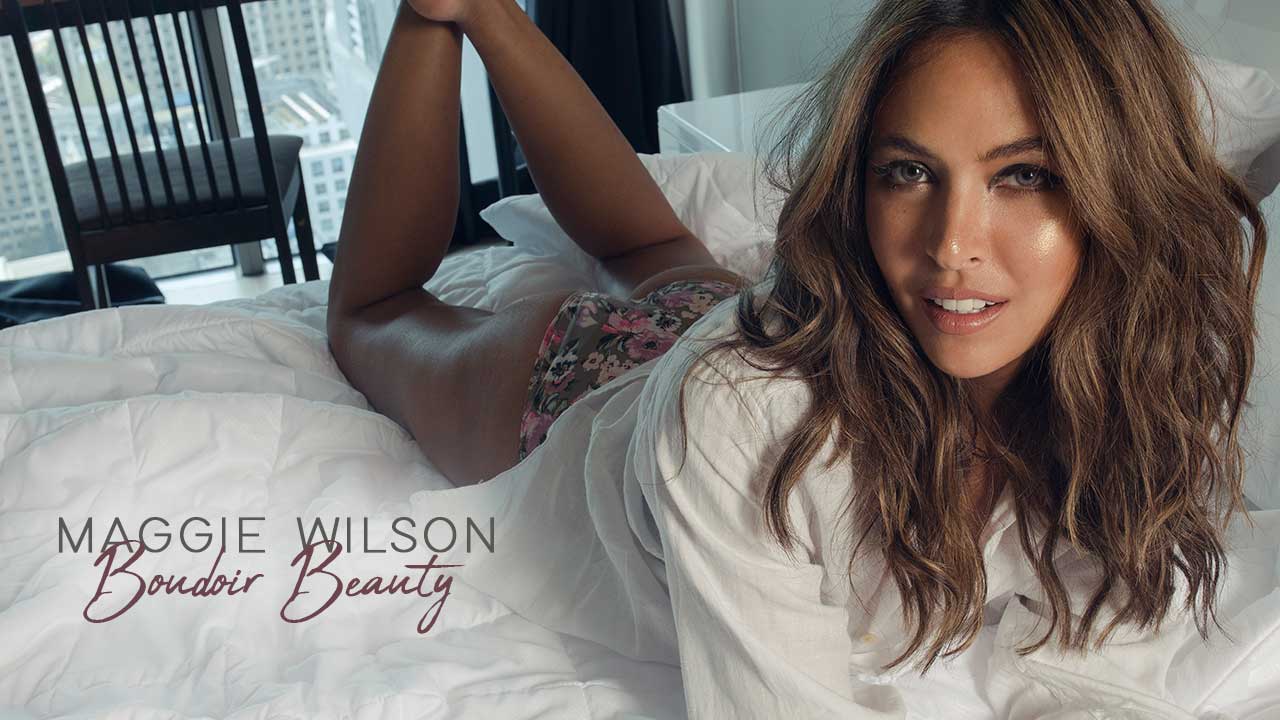
With the cuddle weather upon us, making us want to stay in bed all day, we felt like it was only fitting to conceptualize a fun and flirty shoot with our July 2018 #CalyxtaGirl, Maggie Wilson.
Sultry, sophisticated, and full of spunk, our #BoudoirBeauty reveals some of the most interesting stories in between laughs and bites of pizza, and we couldn’t help but stare at her in awe as it was evident in the way she carried herself how much she loved life, and how at the same time, she didn’t care about what trolls or haters would think.
“People will always have something to say about you. You will never be able to please everybody. And the faster you learn that and accept that, the easier it will be for you in terms of being comfortable with yourself.”
It was in early June when we shot our newest cover girl at one of the stylish two-bedroom units of Clover Suites PH in Eastwood City. Maggie arrived on time bare-faced, sporting an enviable tan, and wearing just a black top and a pair of white shorts underneath a black sweater. Her legs went on for miles, and despite how dressed down she looked, everyone seemed to have stopped what they were doing just to stealthily admire her.
In this week’s first cover story, Maggie bares it all—from living in a shoe box apartment when she was starting out, to working her way up and finally being able to afford her own car and house, to embracing a multi-hyphenate title in a cutthroat industry (model, beauty queen, actress, host, blogger, and interior designer).
There’s definitely so much more to Maggie than what people normally see on her perfectly-curated, beach-filled feed.
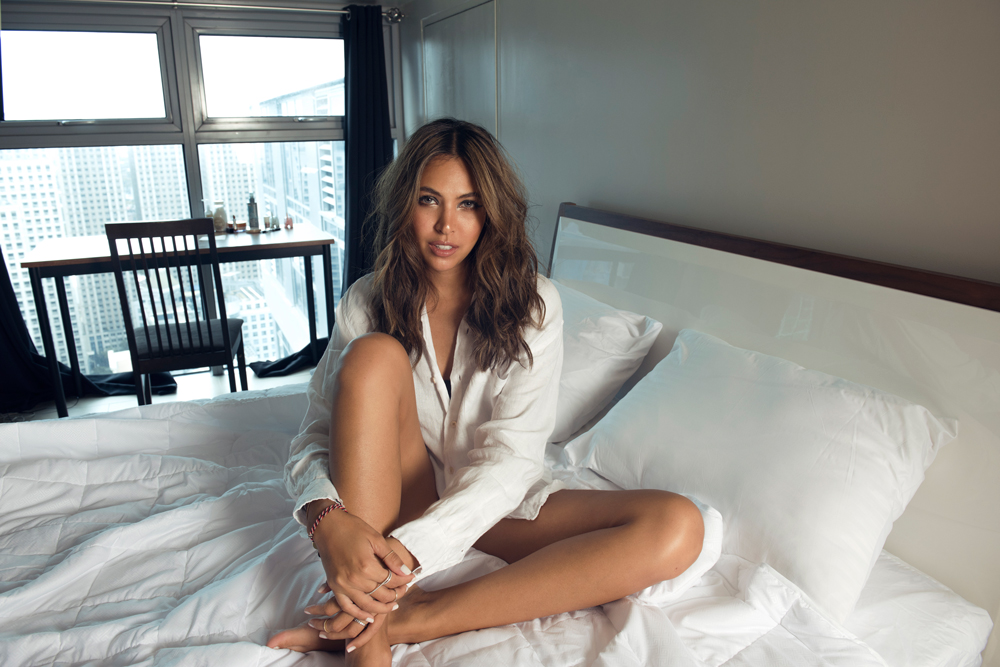
You mentioned in your blog that you grew up in Saudi Arabia, what was it like growing up there and what are the biggest differences in terms of culture and values?
Oh my gosh. I feel like I’m going to write a book now. (laughs) The difference is huge. First of all, you have to understand that when I moved to Saudi Arabia, I was literally just a couple of months old. As soon as I was old enough to fly, my mom took me over. So my entire childhood, my formative years, was all in Saudi Arabia—it happened all when I was living in Saudi Arabia. So Saudi Arabia was my norm. Living there and growing up there was my normal, and I didn’t fully understand how different the rest of the world was until I was old enough, and I got to travel outside of Saudi Arabia. I mean, we always traveled out when we were little kids, but it wasn’t until I was 11 or 12 where I was now required to cover and wear the abaya, or better known as the burqa. That really sort of, not woke me up, but kind of made me realize that,
“Okay, it’s very different than the rest of the world.” I lived a much simpler life in Saudi Arabia—a life that I kind of miss actually, because there really isn’t much to do. As a child growing up, you go to school, and then you go home. We lived in like, it was like a village, but we called them compounds. Inside these compounds, we were all expats. There were no locals living in there. It was a big, big community of expats and expat kids, and inside these compounds, we kind of had our own Manila Polo Clubs in there, I’m not kidding. We had two in the compound that I lived in. It had everything—it had swimming pools, basketball courts, tennis courts, bowling alleys. It even had its own supermarket in there. It was like a little town inside this compound. And once you’re inside the walls of these compounds, you can wear whatever you want. You can walk around in a bikini for all anyone else cares. It’s a free zone, which is very weird when you think about it, right? Because the moment you step out of these walls, you have to cover.
I’m not allowed to talk to any other guys that’s not related to me who’s not my father, my brother, or my cousin. There are no places to hangout outside of your compound. It’s not like I can go to the malls with my friends—I mean I can go with my girl friends, but I won’t be able to talk to any of my male classmates if I bumped into them. It’s a very strange dynamic. Even in school, we were a co-ed school, but our classroom was just girls in my classroom. And the boys were just boys. We saw each other at recess, or dismissal, or whenever we had a school event, like a sports day or United Nations day. Again, very strange but these were all normal to me because that’s what I grew up with. My life there was just school and sports. Right after school, I’d either go to swimming lessons, or tennis lessons, or show jumping lessons, and as a child, it’s okay. But as you get older, as a woman, you realize that there’s not a lot of opportunity for women in Saudi Arabia. At the time that I was living there, women were confined to the house, or certain jobs—being either a nurse, or a doctor, or a teacher. Women were not really allowed to work in other sectors, as other positions in the business sector, which was very sad. There wasn’t a lot of opportunity for women. Another issue was women were not allowed to drive. So my mom was basically at the mercy of drivers or commuting, which was again, very normal. But in recent years, and I just read on the news three days ago, that they’ve just issued their first ten driver’s licenses for women, which is a huge leap from when I left 15 years ago! If you go to a mall, let’s say Zara or a Mango, the guy helping you or the person behind the counter is a guy. You go to a lingerie store, and it’s a guy helping you. The malls don’t have fitting rooms. So you literally have to buy your clothes, go to the restroom, try it on, and if you don’t like them, you bring it back and they’ll refund you. You know, it’s so weird! There are all these processes and rules that you have to live by. But you know, I really respected their culture, because Saudi Arabia, or rather the city where I grew up in, was called Jeddah. It was the gateway to Mecca, which is like their Holy City, and if there’s one thing that I admire about the Muslims, it’s their discipline. In Saudi Arabia, there’s a law that Muslims pray five times a day, right? And when they pray five times a day, everything shuts down five times a day. As in lights off, shutters down, things are closed. If you’re stuck in a supermarket, you’ll have to wait until they’re done, and then they’ll attend to you, but they’ll lock you in there! (laughs)
I forgot to tell Vic (Victor Consunji, Maggie’s husband) this when I took him to Saudi Arabia, but these compounds that we lived in, they were all guarded by the national guards, so we were very used to seeing a lot of military presence and security. Literally, there are men with machine guns on posts around the walls of this village that we grew up in. When I first took Victor there, he panicked. “What’s going on? Is there something happening?” I’m like, “Oh, no, no, no, this is normal.” He goes, “This is?!” and I go, “Yes!” And then he asked, “Has a compound ever been under attack?” I’m like, “No. It’s never been under attack.” Because we have diplomats living inside these compounds as well, so it’s just for added security. But again, to me, it was very normal that I had forgotten to say, “Oh, by the way.” (laughs) So it was a very, very different life so to speak. (laughs) But a very interesting one, at that. I learned so much. Growing up in Saudi Arabia has taught me to be more open, to be more understanding of different cultures. I don’t judge. You know, people always say, “Ay, kawawa naman, she’s covered.” But you know, in a lot of cases, they want to be. It’s not because they have to be. It’s because the women actually want.
How old were you when you moved to the Philippines?
I was 14.
Was it a huge adjustment? What made you decide to move?
A little bit. I basically got scouted by my agent, asked if I could stay because I was here for summer vacation of school, and asked if I could stay for two months and try out the modeling scene, and I basically stayed and never went back. (laughs) Yes, it was a huge adjustment. First of all, I kept my abaya or my burqa. It was always hung by the door. So for the first few months, I would always grab the door like feel the door, and then I’d always remember that I’m in the Philippines. I can go out in normal clothes! And I can actually talk to other men, or other boys, and it’s fine. And then another thing was, I was a very shy kid. I was an athlete growing up. So I didn’t know how to do makeup. I didn’t know how to fix my hair. I never dressed up because of course, who cares about fashion when we’re covered with robes?! I could go to the mall in my pajamas for anybody else cares. (laughs) But now, I’m thrown into this industry where all these stuff matters. I had to learn very, very quickly. It was very uncomfortable. I remember my first fashion show, it was for Human, the brand under Bench. And of course, it was a mixed fashion show—there were male models and female models. I was backstage in between outfits, and I’m there in the corner trying to hide myself as much as I can while changing. And then I stopped, and I looked around. I realized, nobody’s staring. It’s not weird, it’s normal, nobody’s looking! Everyone’s doing it. And so you’re like, “Oh, okay. I guess it’s fine.” So little things like that. Here, you’re so concerned if someone’s looking at you or watching you because in Saudi Arabia, they’re always staring at you. And of course, in Saudi Arabia, I had my parents to take care of me and here, I’m on my own. I had to learn a lot of things like how to cook, how to wash my own clothes, and how to commute! Oh my gosh, yeah, how to commute.
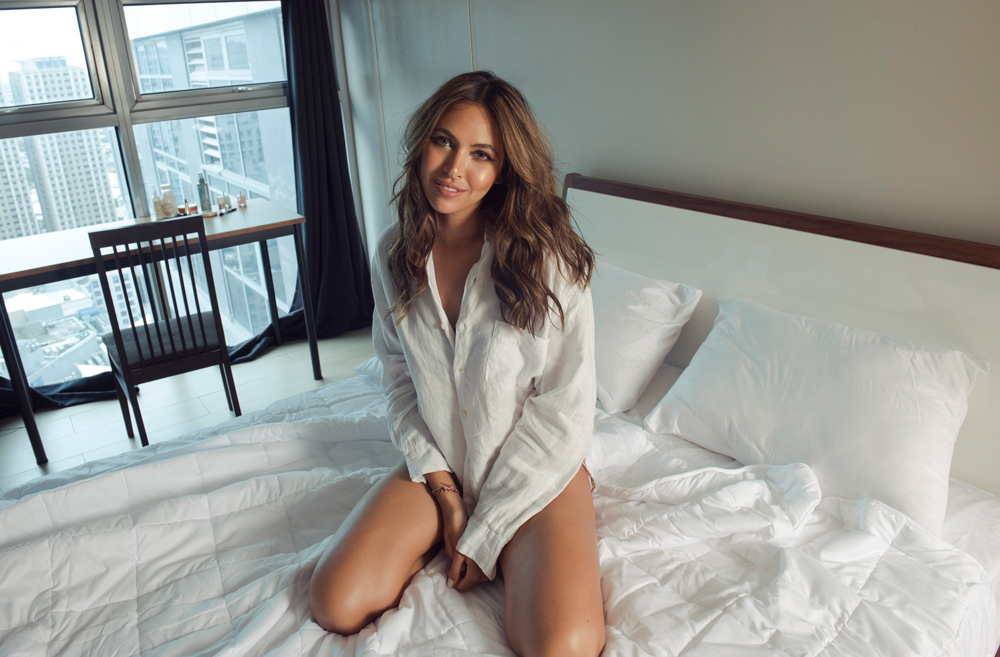
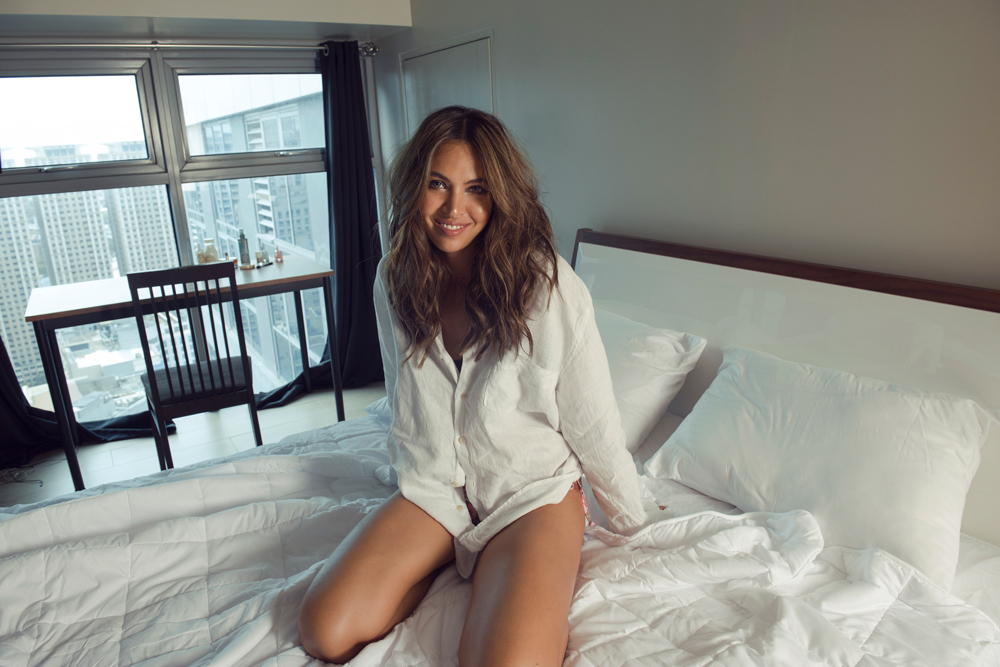
I’ve done everything! Believe me. The bus, the tricycle, the jeepney, MRT- everything! When I was first starting out in show business, my parents were like, “Okay, you want to do that? You want to do this? Okay, you’re on your own. We’re not going to help you.” I got the rug pulled from underneath me. I had to learn how to do everything. And my parents didn’t give me a penny. It was a struggle for the first two years. What a lot of people don’t know is, yeah, for taping? When you’re starting out, nobody cares, nobody helps you. You have to buy all your stuff, you have to buy all your things. When they say, “O, these are all the requirements.” And I’d be like, “Oh my god, I need to buy red shoes.” I don’t own them, and I’d have to spend this much for these shoes. Will I have enough to last me the month? You know, you have to think of all these things! And then when you get to a point where you can afford everything, everyone wants to give you free stuff. It’s so ironic, right? When I was starting out, McDonald’s or Starbucks was a luxury for me. It really was. Because I was only earning, let’s say P5,000 per taping day. I had one TV show. So once a week, I was taping. In a month, I’d earn 20 grand and 30% goes to my manager. I had to pay for my rent, my electricity. I lived in a studio—this tiny studio, with no Internet and no cable, because I couldn’t afford it. I had no heater in my shower, and then if I didn’t have any work, I’d sit there. I wouldn’t leave, because I didn’t have money! If I got a fashion show, I’d be so happy because I’d have extra money that I can go to Starbucks and get a Frappucino. (laughs) But yeah, so if I had to go to taping, I had to haul my own stuff. I’m there with my own maleta in the MRT, or in the bus, or in the jeepney. Sometimes, I get home really late because taping ends in the middle of the night or early morning or whatever, and then the jeeps were no longer available, so I had to kontrata the jeepney drivers. (laughs) No Grabs. I couldn’t afford a taxi. I probably couldn’t afford Grab at that time either! (laughs) But you know, I’ve been through it. I know what it feels like to not be able to buy the things that you want, or eat what you want, because I’m counting if I’m going to have enough. And even making sure that the electricity bill doesn’t run high. All these things! But I was very fortunate that two years in, I had saved enough money to buy my first car. I went from one show, which was a once-a-week show, to a soap opera, and my talent fee more than doubled. And when I got that soap, that’s when I bought my first car. But before I got that show, I actually moved to Quezon City because I was living in Makati since all the modeling agencies were in Makati—and living in Makati is so expensive. I was paying P9,000 rent for a studio, and then I moved to Quezon City, and I found a 2-bedroom townhouse that was P11,000. And then I had my soap opera, and I had bought my own car, so life became easier. So much easier two years in. But yeah, the first two years living in Manila was a struggle.
From being a beauty queen, to acting, to hosting, what was your most memorable experience in each of those fields?
In hosting, well, I was an MTV VJ for three years, which I’d say was probably the most fun I ever had while working. I got to meet so many people. I got to interview all these artists and bands, and hosted their concerts. I had lots, and lots, and lots of fun. I guess my most memorable experience was getting to have lunch with Incubus—the whole band. When I was under MTV, I became very close to the head of security, who took care of all the artists that came in. I think he still does until this day. His name is Rico. He owns the agency that provides all the bouncers, and he called me and said, “Hey. Incubus is arriving. They want to go out. Can you please come and take them out?” And I’m like, “Umm. I don’t know…” And he’s like, “Just come!” So I come out, and they had such a good time. And while we were out, one of them, his name was Chris, he said to me, “Hey, what are you doing tomorrow?” I said, “I’m hosting your concert.” “No, no, no. For lunch.” I’m like, “Uhhhh, nothing.” He goes, “Do you want to have lunch with us?” And I’m like, “Listen. It’s okay. I know that you guys meet a lot of people every day, and you’d probably forget that you asked me in the morning.” And he goes, “What? No! What makes you think I’m going to forget?” I was like, “No, it’s fine. It’s okay. I’ll see you guys at the concert.” And the next morning, I get a phone call from head of security asking, “Where are you?” So I’m like, “I’m home.” And he’s like, “What are you doing? You’re supposed to be here. They’re looking for you.” And I’m like, “What? Why?” And he’s like, “Uhhh, lunch?” And I was like, “OMG. They remembered.” And so, I rushed over and when I took them out the previous day, Brandon Boyd wasn’t with them, because he wanted to rest. So I had met him when I walked into the restaurant during lunch, and they were like, “Hey! Come, come!” And I’m like, “Hi! I hung out for like an hour with you guys last night, but okay!” It was strange. It was very cool, but it was very strange. If I looked back, I can’t believe that happened or believe that I was in a room with them. It was a very strange, surreal moment. But they’re very cool and very chill. I ended up exchanging numbers with them. The last time I was in LA, which was eight years ago, I texted them, “Hey, I’m in LA.” And they met up with me! Yeah, so cool. So you know, perks of the job, I guess. Working at MTV. Again, so many artists that I’ve gotten to interview and host concerts for. And then pageants, I’ll be real. I hated being a beauty queen. But, with that said, I don’t regret it.
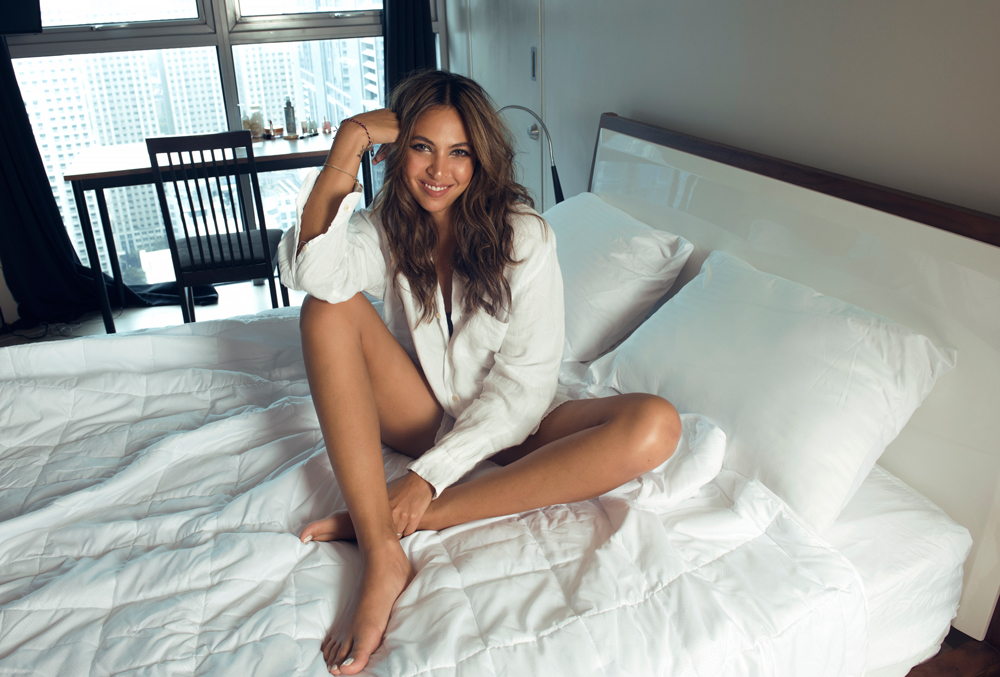
I learned so much. I learned to be a lady. (laughs) How to do my own hair, my own makeup. I would say as well that some of my closest friends were beauty queens at some point. I think what I want people to know about beauty queens is that we don’t behave how you think we do. We always joke that we drink like fish and cuss like sailors. We’re not as prim and proper as people think we are. (laughs) But yeah, some of my closest friends are and were beauty queens at some point. It’s not all glitz and glamour. There’s a lot of hard work that goes into it. I was telling Jake and Suyen earlier (Maggie’s makeup artist and hairstylist) that out of all the industries that I’ve been in, it is the toughest. It’s the most critical, it’s the harshest, and the expectations are so high. But then again, I learned so much from it. I hated being one, but I learned so much from it. Memorable? I guess memorable is I made a lot of good friends from my international pageant that I’m still friends with to this day, which is awesome because in 2007, Facebook was just starting. Now we have all these kinds of social media apps that we can connect with, which during my time, we didn’t have any of that. But it’s so nice to still be in contact with them, and see where they are now in their lives.
In showbiz, most memorable—I don’t know. I’ve done so many shows. (laughs) Maybe the last one that I did was my favorite, which was ironically called, “Beauty Queen.” (laughs) And I played a beauty queen, so it was so easy for me. I guess the one thing that I really enjoyed about being in show business or acting was I always played the kontrabida, which I loved! I really did enjoy playing the bitch. My locations were always nice. (laughs) My locations were always like a mansion or fancy places with air conditioning. (laughs) So I enjoyed that. I enjoyed that part. I didn’t have to do a lot of crying, which was great! And it’s funny because I feel like everybody who goes into show business wants to be the bida. No, I always wanted to be the kontrabida. (laughs) It’s so much more fun! Right? When you really think about it. Yeah, I got to really play some horrible characters—I’ve killed people, I’ve killed kids, I’ve poisoned people, drowned people, slapped people.
One taping day, it was for the very first soap that I did called, “Saang Sulok Ng Langit.” And the director was Roel Bayani. There was this—I will not name him, he was a guest. He guested on the show for a couple of episodes. He played my mother’s boyfriend or something, and because I was such a bad daughter, in one of the scenes he had to slap me. And I guess he didn’t know he was a bit heavy-handed, so when the time came where he had to slap me, it was so hard. But I took it! I was like, “Okay! Whatever!” It was part of the role! I knew he was going to slap me. I didn’t know it was going to be that hard. And when Direk Roel shouted cut, he was in the OB van, but they were all connected to these headsets, right? Direk was like, “I need to talk to Maggie!” So the Assistant Director gives me the headset, and he’s like, “Mags, I’m so, so sorry! Hayup siya! I didn’t think he was going to hit you that hard!” I was like, “Direk, it’s okay. You know, it’s part of it.” And he was like, “No, no, no. Okay, for the next scene, gumanti ka.” And I was like, “What? What do you mean?” And he goes, “I want you to slap him back.” And I was like, “But that’s not part of the script!” He said, “It’s okay. I really felt your face. Like when he slapped you, it flew across the room!” I was like, “Are you sure? It’s not part of the script. I’m going to tell him.” And he was like, “No, no, no! Don’t tell him! It’ll be a surprise!” And I was like, “What?!” He goes, “You do it ah!” And I go, “You want me to hit him?” He’s like, “Yeah!” And in the middle of him speaking, because he was making me sermon, he’s just like, “Slap him! Do it!” And so I do it, right? And his face. He was in so much shock, because he didn’t know it was coming! And Direk even goes, “And when you slap him, and when I shout cut, you don’t say sorry. You just walk away.” I was like, “What?!” He was like, “Yeah. Don’t say sorry. Just walk away.” So that was so memorable to me.
Since this is an editorial boudoir, what’s your secret to feeling comfortable and confident in your own skin?
Oh my god, not giving a f***. No, really. I used to be very, very conscious and concerned about what other people thought of me. And it was because of course, I’m in an industry where I am judged based on how I looked, how I weighed, how I did my hair, how I did my makeup. And you learn to grow thick-skinned because people will always have something to say about you. You will never be able to please everybody. And the faster you learn that and accept that, the easier it will be for you in terms of being comfortable with yourself. I know and I’m aware of my imperfections. I’m aware of my flaws, and I’m okay with it. I’ve made peace with it. Not everybody is perfect. Everyone has a flaw. Everyone has an insecurity that they don’t want people to know about. But the moment you accept that, and you understand that, you become very, very comfortable with yourself. It’s so funny that I’m so comfortable with my body, that I really don’t care, because I grew up in Saudi Arabia where I’m taught to cover everything. I’m taught to cover my body, and not flaunt it, or embrace whatever it is that I have. But again, being in the industry has taught me that it’s okay to show and be confident with what you have. And it’s also okay to have the imperfections that you have. So there, I just learnt to not care about what other people think of me. Especially people that I don’t know, or people that are not close to me. They can say whatever they want but at the end of the day, the opinions that truly matter are from my family and from my closest friends. And again, especially when you go through beauty pageants, they call you every name in the book, from A to Z, may mapipintas sila. And then you kind of get to the point where it’s like, “Oh, is that the best that you can do? You’re going to call me that? Oh, okay. I’ve heard that before. Alright, next!”
How do you deal with people who have negative comments about what you wear or what you post on Instagram?
I don’t care. I really don’t care. I don’t care if it’s about me. But if you start attacking a friend of mine or my family, that’s when it’s a problem. You can say whatever you want about me, I don’t care. My life will not stop for you. My life is fabulous. Your comment will not stop me from going on my trip or living my life.
Being very vocal about women empowerment and breaking the double standards, what message would you like to give other women, to help empower them?
I always look back at living in Saudi Arabia, and how different it was for me as a woman living there. And if I can break out of that stereotype or that mold that I was taught, or that I was surrounded by or surrounded with, then anyone can do it. I want women to know that they can be whatever it is they want to be.
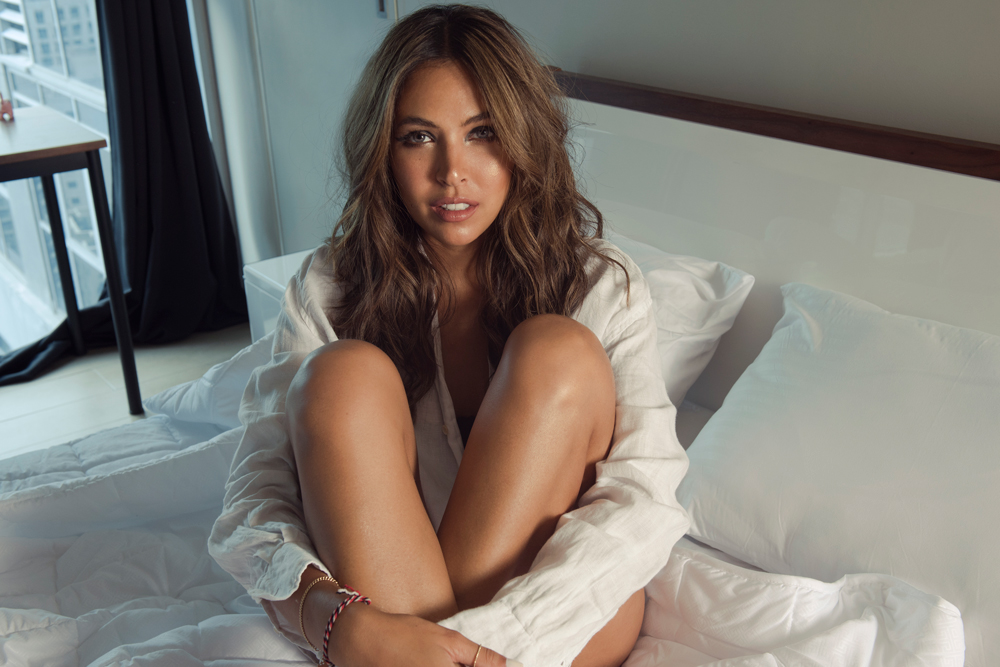
They can do a marathon, they can do a spartan race and still be girly and feminine afterwards. We can get down and dirty just like men. We can do whatever it is that they can do, and probably even better in some cases. Never ever let someone tell you that you hit like a girl, or you can’t be a CEO and run a company, or you can’t be the boss because you’re a girl. What the heck does that have anything to do with my skills or capabilities, right? So, yeah. Again, just try not to listen to the haters. Put your blinders on. Listen to the people that know you, and that love you. Listen to constructive criticism as well from those people, from your family and your friends. I think it comes with age as well—you just sort of get to a point where you’re just like, “I don’t care. I’m not going to stress about this. I’m not going to stress about that. It’s not worth my time, and I’m not going to let it ruin my day.” And the moment you have that attitude, you’re good. You’re golden.
Cover Story By: GRETCHEN GATAN
Art Direction: MARGAUX CORTEZ
Editorial Assistant: MAAN FERNANDEZ
Editorial Intern: ANNE NAVARRO
Videographer: RICHARD WEBB
Photographer: KHARREN GRANADA
Makeup: JAKE GALVEZ
Hair: SUYEN SALAZAR
Stylist: POY VILLAMONTE AND YZZA HABLADO FOR THE STUDIO GREY
Special thanks to: CLOVER SUITES PH




